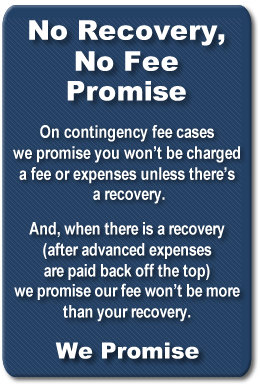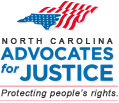Workers Compensation Brain Injury Claims
After a head injury on the job, you may not realize that you have suffered a significant traumatic brain injury (“TBI”) that may alter your entire life.
The Mayo Clinic lists the following as some of the signs and symptoms of traumatic brain injury:
• Loss of consciousness for a few seconds to a few minutes
• No loss of consciousness, but a state of being dazed, confused or disoriented
• Memory or concentration problems
• Headache
• Dizziness or loss of balance
• Nausea or vomiting
• Sensory problems, such as blurred vision, ringing in the ears or a bad taste in the mouth
• Sensitivity to light or sound
• Mood changes or mood swings
• Feeling depressed or anxious
• Fatigue or drowsiness
• Difficulty sleeping
• Sleeping more than usual
Visit the Mayo Clinic's web site to learn more.
A head trauma may or may not cause visible harm, such as a fractured skull or facial damage. The greater concern is brain damage, which is not immediately apparent to doctors. After a head injury, it is essential that friends and loved ones be perceptive to changes in behavior, as this may be the first sign that deeper damage has occurred. In many cases, the symptoms and severity may be so subtle that only a professional can identify them through extensive testing.
Workers’ Compensation Brain Injury Claims
Many people who suffer serious brain injuries due to on-the-job accidents are unable to return to work. Although workers’ compensation insurers must pay for medical bills and provide compensation for lost wages, it may attempt to minimize benefits to save money.
In North Carolina, workers' compensation insurers are required to provide attendant care for those unable to care for themselves after a debilitating work-related accident. However, the insurer may not share this information willingly.
Legal Help With Your on the Job Brain Injury Claim
Without the workers’ compensation benefits you deserve from this on-the-job accident, you may be facing large medical bills without the proper wages or income to address those bills. Brain injury cases can be very difficult to prove and claims are sometimes denied by workers’ compensation insurance companies. If your loved one has suffered a brain injury, he or she may be entitled to Permanent Total Disability (PTD). We have experience in brain injury cases and will make sure your loved one is properly diagnosed to prevent any denial of the workers’ compensation benefits.
If you have suffered a brain injury due to a workplace accident, we can help. Contact the law firm of Hemmings & Stevens, PLLC for a free consultation.
This article regarding traumatic brain injuries and in North Carolina workers’ compensation claims is for informational purposes only and is not legal or medical advice. You may need to seek the advice of a workers’ compensation lawyer at the law firm of Hemmings & Stevens, PLLC that has experience with a workers’ compensation case involving a brain injury.











